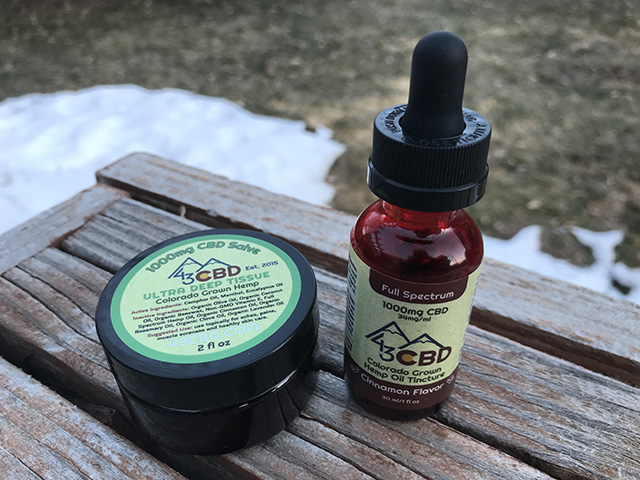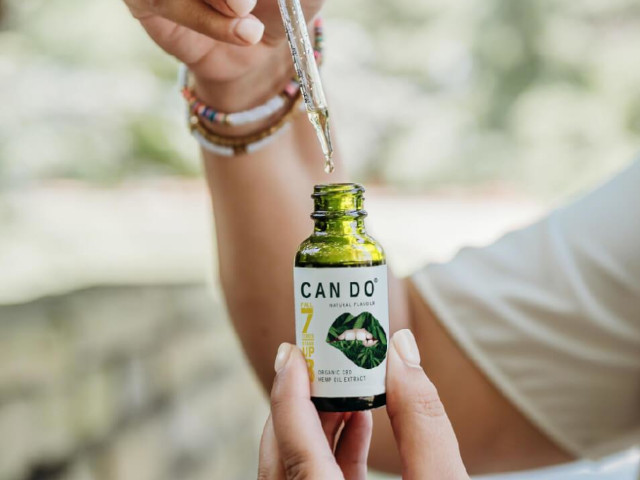
In recent years, cannabidiol (CBD) has gained immense popularity for its potential health benefits, ranging from pain relief to anxiety management. As the market continues to grow, the availability of CBD products has expanded, offering consumers a wide array of options to choose from. However, this abundance of choices can also lead to confusion and uncertainty when trying to find the right CBD product for your specific needs. In this comprehensive guide, we’ll break down the key factors to consider when selecting a CBD product, helping you make an informed decision that aligns with your personal preferences and health goals.
Understanding CBD
Before diving into the selection process, it’s important to have a basic understanding of CBD. Cannabidiol is a natural compound extracted from the hemp plant. Unlike its counterpart, tetrahydrocannabinol (THC), CBD does not induce a “high” feeling. Instead, it interacts with the body’s endocannabinoid system, potentially influencing various physiological functions such as pain perception, mood regulation, and immune response.

Factors to Consider When Choosing a CBD Product
- Product Type: CBD products come in various forms, including oils, tinctures, capsules, edibles, topicals, and more. The choice of product type depends on your preferred method of consumption and the specific benefits you seek. For example, if you’re targeting localized pain, a topical cream may be more suitable, while those seeking overall wellness might prefer tinctures.
- CBD Concentration: Different products contain varying concentrations of CBD. The concentration is typically listed in milligrams (mg) on the product label. Beginners may opt for lower concentrations, while experienced users might choose higher ones. Start with a lower concentration and gradually increase it until you find the dosage that works best for you.
- Full-Spectrum vs. Broad-Spectrum vs. Isolate: CBD products can be classified as full-spectrum, broad-spectrum, or isolate. Full-spectrum products contain CBD along with other beneficial compounds found in the hemp plant, including trace amounts of THC (usually less than 0.3%). Broad-spectrum products contain multiple cannabinoids and terpenes but are THC-free. Isolate products contain only CBD. Consider your sensitivity to THC and desire for the entourage effect when making your choice.
- Source and Quality: It’s crucial to select CBD products from reputable manufacturers that adhere to high-quality standards. Look for products that are third-party tested, ensuring their potency and purity. Ideally, choose products made from organically grown hemp to avoid exposure to pesticides and other harmful chemicals.
- Extraction Method: The extraction method used to obtain CBD from the hemp plant can impact the overall quality of the product. CO2 extraction is considered one of the best methods as it yields a pure and potent CBD extract without the use of harmful solvents.
- Flavor and Taste: CBD oils and tinctures may come in various flavors to mask the natural earthy taste of hemp. Experiment with different flavors to find one that appeals to your palate. Some individuals prefer the natural taste, while others enjoy fruity or minty options.
- Lab Testing and Transparency: Reputable CBD brands provide access to third-party lab test results, often referred to as Certificates of Analysis (COAs). These reports provide valuable information about the product’s cannabinoid profile, potency, and absence of contaminants. Always verify a product’s lab testing before making a purchase.
- Your Health Goals: Determine your primary reason for using CBD. Are you seeking relief from chronic pain, better sleep, reduced anxiety, or improved overall well-being? Different products may be more suited to specific goals. For instance, if you’re dealing with joint discomfort, a CBD-infused topical could provide targeted relief.
- Dosage and Usage Instructions: Carefully read the product label for dosage recommendations. Start with the recommended dose and monitor your body’s response. It’s advisable to consult with a healthcare professional, especially if you’re taking other medications or have underlying health conditions.
Conclusion
As the CBD market continues to expand, it’s essential to approach the selection process with a well-informed perspective. Choosing the right CBD product involves considering factors such as product type, concentration, source, quality, extraction method, flavor, lab testing, and your individual health goals. By taking these factors into account, you can make a confident and informed decision that aligns with your needs, preferences, and desired outcomes. Remember, everyone’s body responds differently to CBD, so patience and experimentation are key as you embark on your journey to find the perfect CBD product for you. If you enjoyed this article about CBD then visit GloucesterCityNews for more interesting articles.




